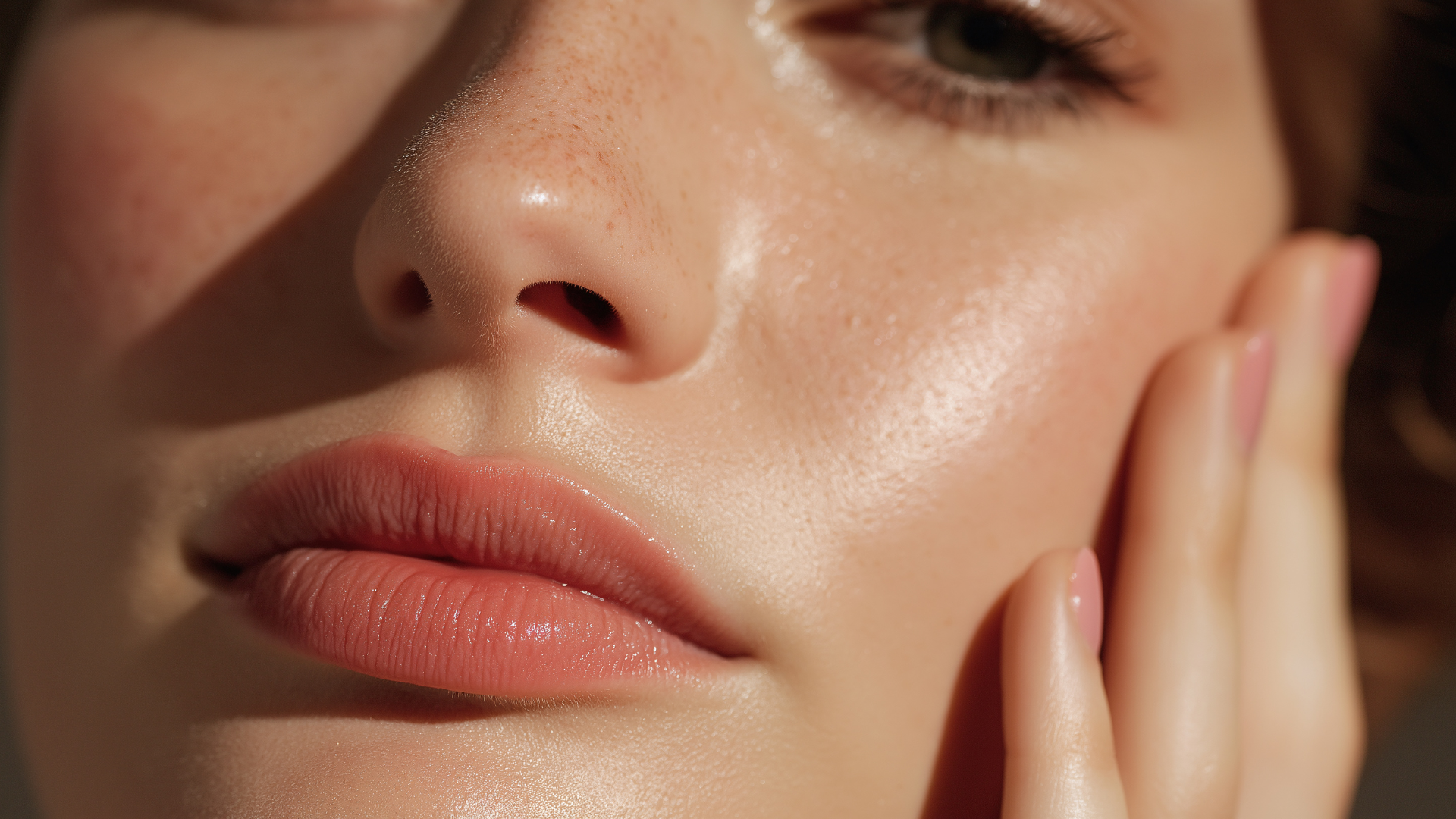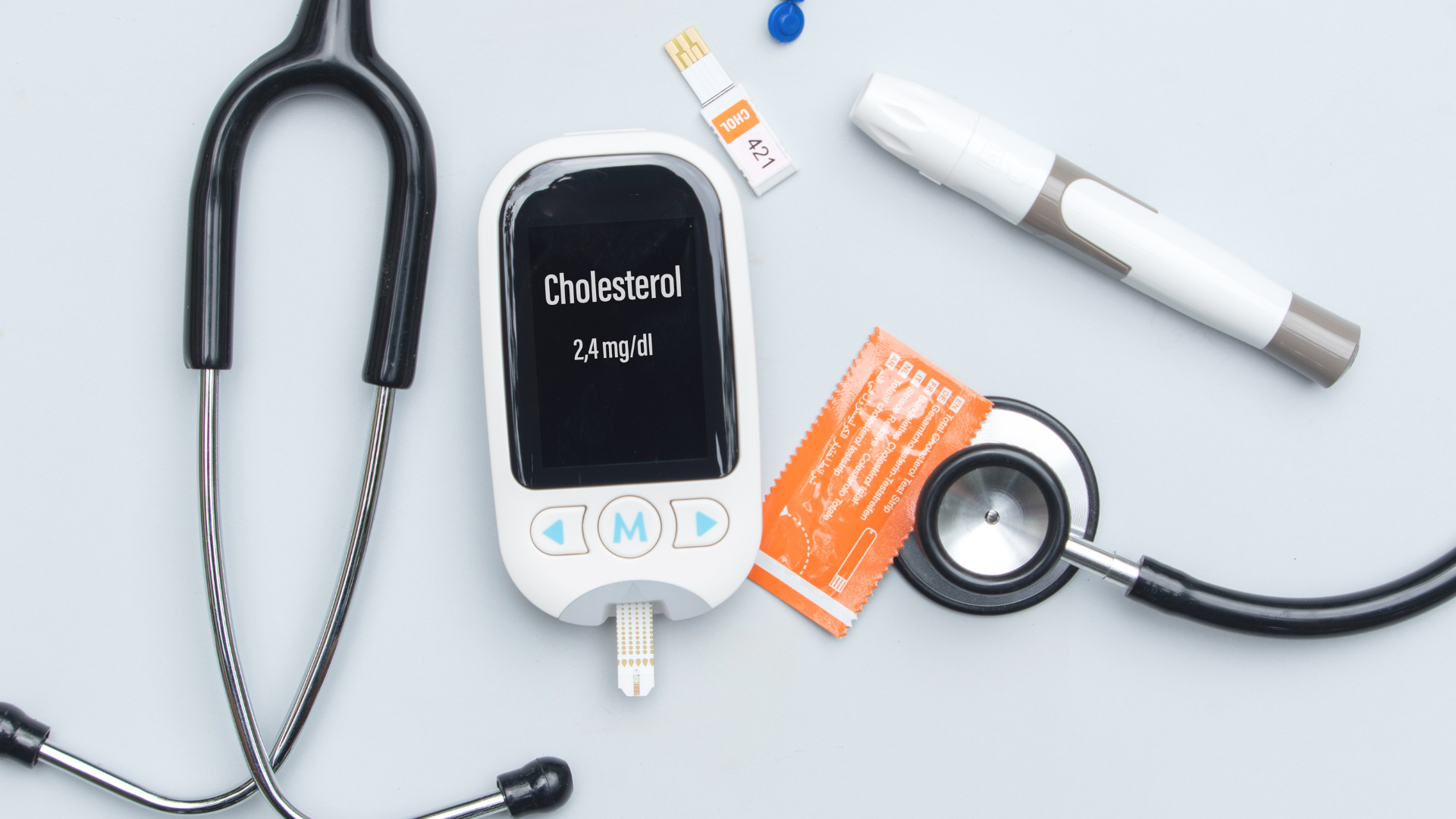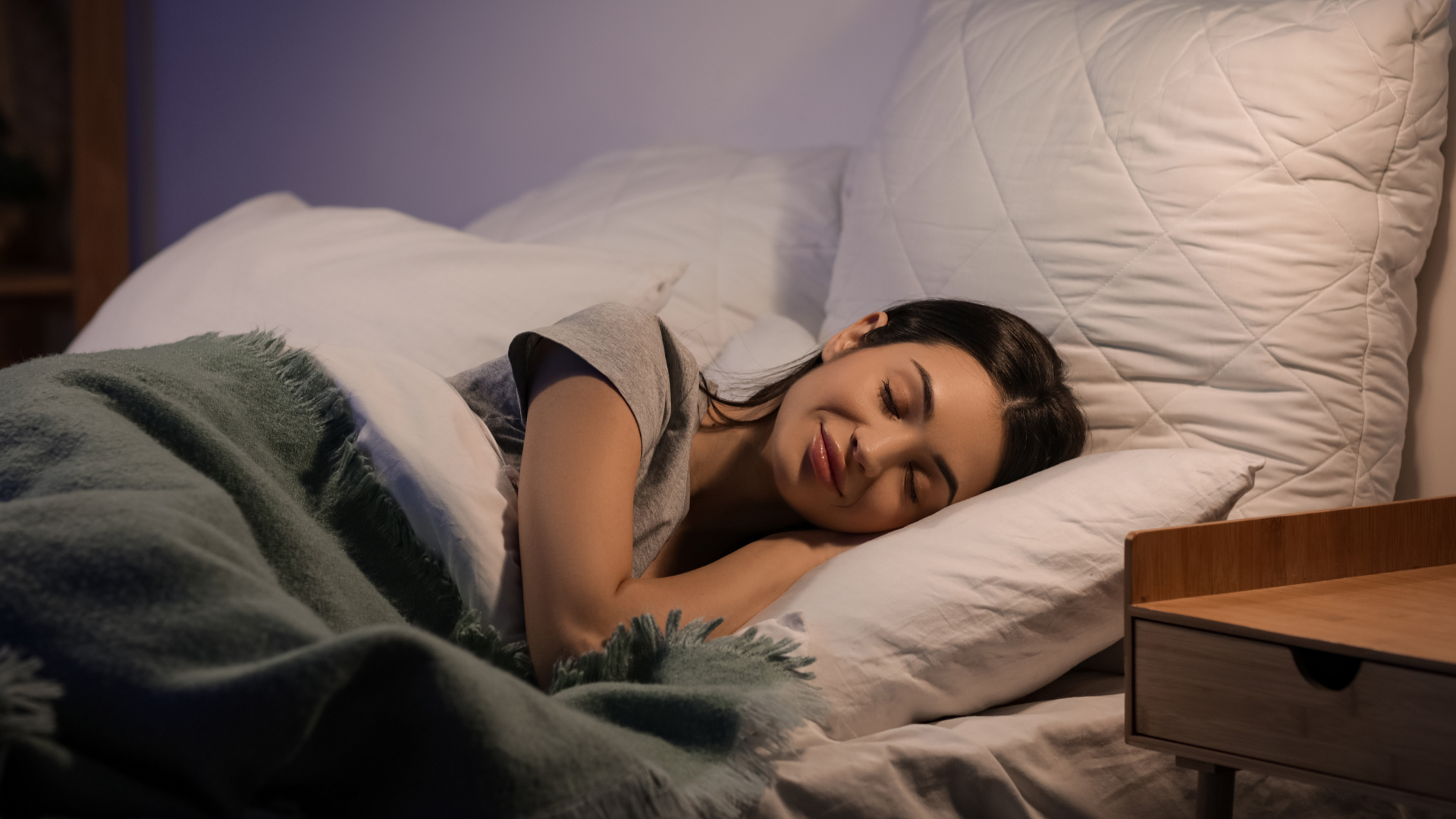Menopause is a natural biological process marking the end of a woman’s reproductive years. While every woman’s experience with menopause is unique, one of the most common and troubling symptoms during this transition is sleep disturbance. In fact, over 60% of women report sleep problems during perimenopause and menopause, which can significantly impact daily life, emotional well-being, and overall health.
In this comprehensive guide, we explore the causes of sleep problems during menopause, the most common symptoms, and effective solutions—both medical and natural—that can help you reclaim restful nights.
What is Menopause?
Menopause typically occurs between the ages of 45 and 55 and is officially diagnosed when a woman has gone 12 consecutive months without a menstrual period. The years leading up to menopause are known as perimenopause, during which hormone levels fluctuate dramatically, causing various physical and emotional symptoms—including sleep issues.
How Menopause Affects Sleep
1. Hormonal Changes
The primary cause of sleep problems during menopause is a decrease in estrogen and progesterone—two hormones that play critical roles in regulating sleep.
- Estrogen affects the body’s ability to maintain a stable body temperature and helps manage mood and stress.
- Progesterone has a calming effect and acts as a natural sleep aid.
As these hormone levels drop, many women experience insomnia, night sweats, and restless sleep.
2. Hot Flashes and Night Sweats
A hallmark symptom of menopause is hot flashes, which can occur during the night as night sweats. These sudden waves of heat can wake you up several times, leaving you drenched in sweat and disrupting your sleep cycle.
3. Mood Disorders
Anxiety, depression, and irritability are common during menopause due to hormonal imbalance. These mood changes can interfere with falling asleep or staying asleep, leading to chronic insomnia.
4. Sleep-Disordered Breathing
Menopausal women are at increased risk of obstructive sleep apnea, a condition where the airway becomes blocked during sleep. This leads to loud snoring and frequent waking, further degrading sleep quality.
5. Bladder Issues
Lower estrogen levels can weaken the bladder and pelvic floor muscles, resulting in frequent nighttime urination (nocturia), which breaks the continuity of sleep.
Common Sleep Disorders Linked to Menopause
- Insomnia – Difficulty falling or staying asleep.
- Restless Leg Syndrome (RLS) – Uncomfortable sensations in the legs with an urge to move them.
- Sleep Apnea – Repeated pauses in breathing during sleep.
- Circadian Rhythm Disorders – Irregular sleep-wake cycles.
Why Sleep Is So Important During Menopause
Sleep is essential for physical healing, hormone regulation, cognitive function, and emotional balance. Poor sleep during menopause can lead to:
- Fatigue and low energy
- Increased risk of heart disease
- Memory and concentration problems
- Weight gain
- Weakened immune system
Addressing sleep problems early can help you maintain a better quality of life through this transition.
Natural Solutions for Menopause-Related Sleep Problems
1. Practice Sleep Hygiene
Good sleep hygiene can help you fall asleep faster and enjoy deeper rest.
- Stick to a consistent sleep schedule
- Avoid screens and blue light before bed
- Keep your bedroom cool and dark
- Limit caffeine and alcohol intake
- Avoid large meals close to bedtime
2. Mindfulness and Relaxation Techniques
Stress management techniques such as:
- Meditation
- Deep breathing
- Progressive muscle relaxation
- Journaling
These can help calm your mind and make it easier to fall asleep.
3. Regular Exercise
Engaging in regular physical activity—especially in the morning or afternoon—helps regulate hormones and improve sleep quality. Aim for at least 30 minutes of moderate exercise, five days a week.
4. Natural Supplements
Some women find relief with natural remedies such as:
- Melatonin – A hormone that regulates the sleep-wake cycle.
- Valerian Root – A herb known for its sedative effects.
- Magnesium – Helps relax muscles and ease anxiety.
- L-theanine – Found in green tea, promotes relaxation.
Note: Always consult your healthcare provider before starting any supplements.
5. Diet and Hydration
What you eat can influence how well you sleep.
- Eat a balanced diet rich in whole grains, fruits, vegetables, and lean proteins.
- Include phytoestrogens like flaxseeds and soy to mimic estrogen’s effects.
- Stay hydrated but reduce fluid intake before bedtime to minimize nighttime bathroom trips.
Medical Treatments for Menopausal Sleep Problems
If lifestyle changes aren’t enough, medical interventions may be necessary.
1. Hormone Replacement Therapy (HRT)
HRT can be effective in treating severe menopause symptoms including insomnia and night sweats. It involves supplementing estrogen (and sometimes progesterone), helping stabilize hormones and promote restful sleep.
Caution: HRT is not suitable for everyone. Discuss the risks and benefits with your doctor.
2. Prescription Sleep Aids
Short-term use of sleeping pills may be prescribed for acute insomnia. However, they can be habit-forming and are not ideal for long-term use.
3. Antidepressants or Anti-Anxiety Medication
If sleep issues are related to mood disorders, your doctor may suggest medications that address both mental health and insomnia.
4. Cognitive Behavioral Therapy for Insomnia (CBT-I)
CBT-I is a structured, evidence-based therapy that helps change negative sleep thoughts and behaviors. It is highly effective and preferred over medication for long-term insomnia.
Holistic and Alternative Therapies
Many women turn to alternative methods for relief:
1. Acupuncture
Studies suggest acupuncture can reduce hot flashes and improve sleep quality by balancing the body’s energy flow.
2. Yoga and Tai Chi
These gentle, meditative exercises enhance physical flexibility and reduce stress, which can improve sleep over time.
3. Aromatherapy
Essential oils like lavender, chamomile, and sandalwood have calming properties that promote better sleep.
When to See a Doctor
If your sleep problems:
- Persist for more than a few weeks
- Affect your daily functioning
- Are accompanied by depression or anxiety
- Include loud snoring or gasping
…it’s time to consult a healthcare professional. Proper diagnosis and personalized treatment can make a huge difference.
Final Thoughts
Menopause can be a challenging stage in life, especially when sleep is disrupted. However, understanding the underlying causes and exploring a mix of natural, lifestyle, and medical solutions can help you regain control over your sleep.
Remember, you’re not alone—and help is available. With the right approach, restful nights and energized days can be part of your menopausal journey too.
FAQs on Sleep Problems During Menopause
Q1: How long do sleep problems last during menopause?
Sleep issues can start in perimenopause and may persist into postmenopause. However, their intensity and duration vary for each woman.
Q2: Are sleep problems during menopause permanent?
Not necessarily. With proper management, many women find significant relief from sleep issues as hormone levels stabilize over time.
Q3: Can menopause cause nightmares or vivid dreams?
Yes, hormonal fluctuations can impact REM sleep, leading to more vivid or disturbing dreams.
Q4: Does estrogen help with sleep?
Yes, estrogen influences serotonin and other neurotransmitters that regulate mood and sleep, so supplementing it may help with sleep disorders.
Q5: Is melatonin safe during menopause?
Melatonin is generally safe in low doses and may help reset sleep-wake cycles, especially during hormonal transitions.





